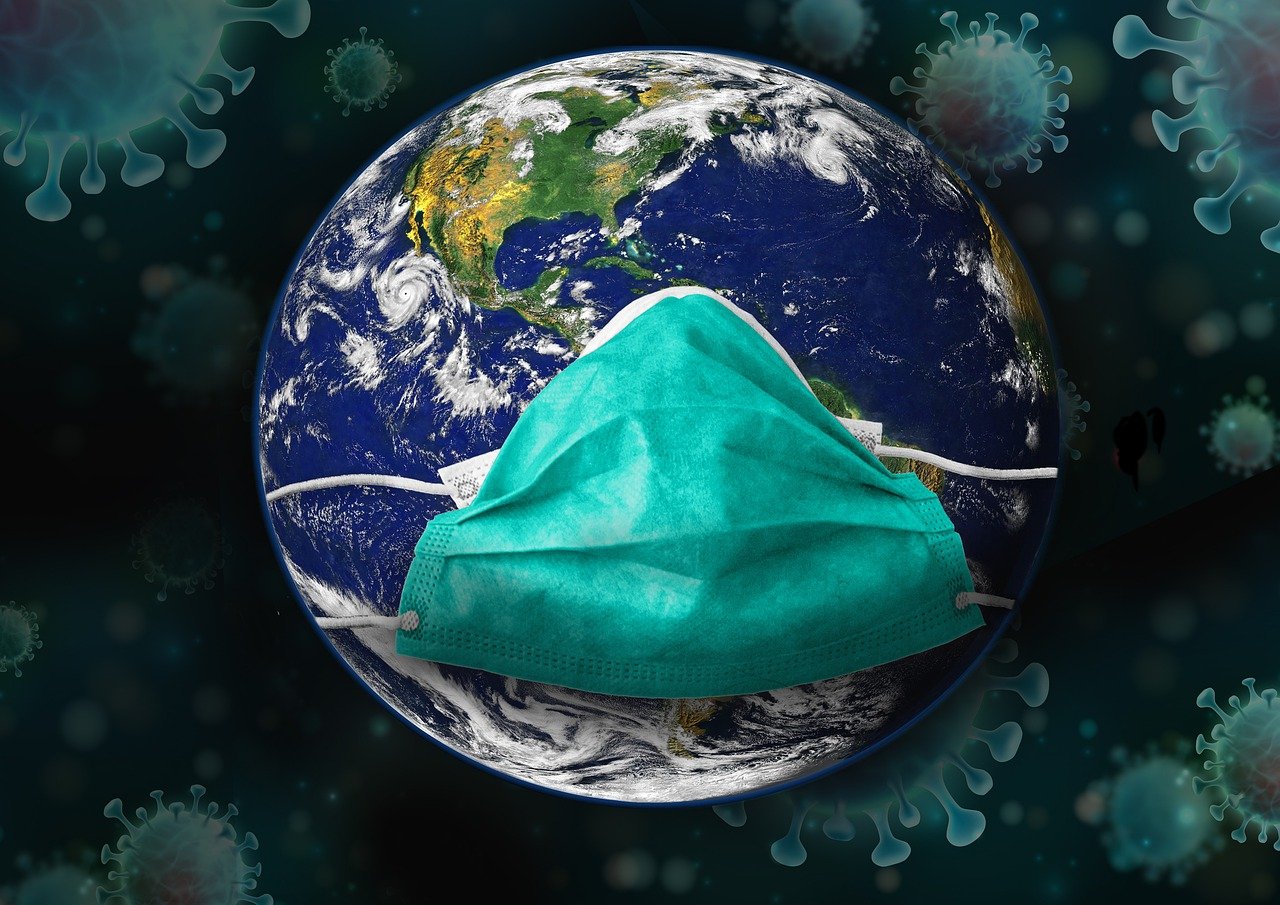At the University of California, Los Angeles, Dr. Nisha Viswanathan finds that she disproportionately sees long Covid patients in her post-Covid clinic who are well off and adept at navigating the health care system and — in a few cases — can even arrange a private jet to fly from their home to Los Angeles. If coronavirus was a disease of the vulnerable, Covid-19 follow-up has become a luxury of the well resourced. These are patients who can call the clinic repeatedly, waiting for a spot to open, who can afford to take days off work for pulmonary rehab and other appointments. “How do you provide care to the neediest individuals when you have this competing crowd?” Dr. Viswanathan asked.
This is particularly troubling given the data from her own institution, surveying Covid patients after their hospital discharge, which found that Black and Hispanic patients had lingering symptoms such as fatigue and shortness of breath at similar rates as their white peers. While expectations of the health care system and the experience of illness are different across cultures, inequities in health care access could have an effect on whether patients seek care. The suffering is out there.
Indeed, at the Covid-19 Recovery Clinic at Montefiore Medical Center in New York City, long Covid is not a disease of the privileged. At the clinic, in the Bronx, the population reflects the diversity of their surrounding community: About half of the patients are Hispanic, a quarter Black and about 15 percent Caucasian. Thanks to doctors who are familiar with the challenges of navigating Medicaid, these patients receive referrals to physical therapy and sub-specialists that they’re able to access.
But even there, it remains a challenge to bring those at risk for post-intensive care syndrome back for a clinic visit. “What happened to all the critically ill patients who were supposed to make it to our clinic?” asked Dr. Marjan Islam, a critical care doctor who co-directs the Covid-19 Recovery Clinic. “They must have providers somewhere. But where are they now?”
Though National Institutes of Health research funding has in part resulted in hospitals building clinics for those with long Covid, there haven’t been the same incentives to care for patients with post-intensive care syndrome. As a result, even established post-intensive care clinics — like the one that Dr. Carla Sevin runs at Vanderbilt in Nashville, Tenn. — continue to struggle for patients to be seen in a timely fashion.
“These patients are young and are extremely debilitated, and they are coming to me six months too late — because we don’t have the resources to follow them and schedule them, so they fall through the cracks,” said Dr. Sevin. “Yes, we have a new problem, long Covid, but we also have an old problem, post-intensive care syndrome, that is still not getting attention, even though many more people are now suffering. And it’s a travesty.”

